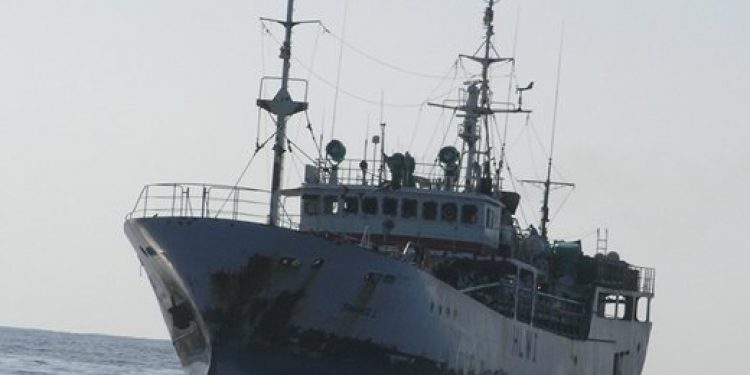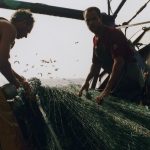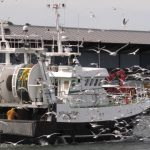A Fisheries Law Enforcement Academy at the Nelson Mandela Metropolitan University in South Africa is being established under a partnership between Norway and South Africa. The new FishFORCE is designed to help South Africa combat illegal fisheries and Norway has agreed R50 million over a five-year period.
‘Fisheries crime and the illegal harvesting, processing and trading of fish and seafood globally is so huge that it is in effect a parallel economic system that is undermining sustainable economic growth. Countries are being deprived of taxes; citizens of jobs, food and income; and fisheries and environments are being destroyed,’ said Professor Hennie van As, the Director of the Centre for Law in Action (CLA) and a professor of Public Law in the Faculty of Law at Nelson Mandela Metropolitan University (NMMU) in Port Elizabeth. He is also a member of the international research and capacity-building partnership on fisheries crime between South Africa and Norway, called PescaDOLUS.
Building on the work of PescaDOLUS, Hennie van As and the NMMU Centre for Law in Action developed the proposal for the establishment of FishFORCE, which is a partnership between the Centre, the Norwegian Department of Trade, Industry and Fisheries and South Africa’s Department of Agriculture, Forestry and Fisheries (DAFF).
‘We will be training Fisheries Control Officers (FCOs), police officers and prosecutors along the South African and East African coastlines as well as Namibia, with a plan to extend the training all around the Indian Ocean Rim, including countries like Indonesia,’ he said.
‘We look forward to a close collaboration and the sharing of expertise between NMMU, DAFF, the Norwegian Department of Trade, Industry and Fisheries, and the Norwegian Police Academy, which established the first Master’s degree in combatting fisheries crime over five years back in Norway,’ said Trine Skymoen, Norway’s ambassador to South Africa.
‘The FishFORCE agreement falls under the broader partnership between South Africa and Norway that is being developed through Operation Phakisa and the Oceans Economy. Norway’s economy is based on the ocean, and South Africa is the perfect partner with whom to collaborate and expand our marine and maritime cluster.’
‘South Africa is currently investigating several Chinese fishing boats caught in our waters, but what people have to realise is that highly organised, well-financed transnational criminal activities are taking place within our waters and within international waters all the time. These activities include a lot of other issues, including human and drug trafficking,’ explained Professor van As.
‘We need to face up to the fact that traditional legal approaches to combatting illegal fishing and the associated illegal activities have met with limited success. An alternative approach that is gaining momentum is to approach illegal fishing as a transnational organised crime, and to investigate the policing, legal and policy implications of using transnational criminal law and procedure to strengthen fisheries law enforcement. The PescaDOLUS group is working on this.’









